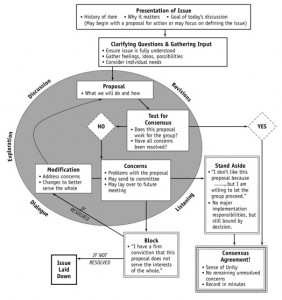Japan-India: Indian Defense Minister A.K. Antony and Japanese Defense Minister Yasuo Ichikawa agreed to hold their first bilateral naval exercises in 2012, according to Japanese Defense Ministry officials.
Ichikawa said deepening bilateral defense ties between Tokyo and New Delhi will lead to peace and stability in the Asia-Pacific region. Antony said India's relations with Japan remain a priority and New Delhi seeks to strengthen those ties. Both ministers discussed the importance of the international community in protecting sea lanes, specifically discussing the South China Sea.
Comment: For India, this is the next step in its “Look East” policy. Similar ties and exercises with the South Korean Navy also are likely. Eventually, the combined fleets of India, South Korea and Japan, supported by Taiwan and the US, will be arrayed against China in future conflicts. The Asian states do not perceive containment of China as primarily a US leadership task. That is an important lesson and manifests the success of a half century of US policy.
The Chinese, on the other hand, are reaping what they have sowed in the past twenty years by their aggressive assertiveness in northeast Asia, the South China Sea and the Indian Ocean. Chinese actions have nurtured an extraordinary and unprecedented regional reaction that is moving towards a new regional military cooperative structure, linking the fleets of the Asian democracies.
The most important features of this interlocking set of bilateral ties are that the Asian members are equals and the Asians are taking responsibility for Asian security affairs, without relying on the US Navy. US Navy connections with all the parties constitute a second tier of linkage that resides in background and gives the Asians depth and strength.
A third feature is that for the first time in a millennium and a half, the Asian navies are defying China and are actually much more capable than the Chinese navy, without relying on the forces of nature.
The worst thing that could happen is for the US to try to take charge or steer the development or do anything except enable it, behind the scenes. US estimates of Asian security threats that do not factor Asian capabilities that the US has nurtured are incomplete.
The NightWatch bias is that Asian nations know best how to solve Asian problems, with some US support as requested. The Asians will find a way.
NIGHTWATCH KGS Home
Phi Beta Iota: The above good sense is in sharp contrast to the on-going US Navy attempt, aided by a defense policy mafia that blends ignorance and corruption to an astonishing degree, to invest dollars and capabilities we do not have in making the Pacific the “main front” for the future. There is nothing intelligent about how the US Navy is planning for the future, in large part because the US Navy, like the US Government generally, lacks integrity at the leadership / gerbil maximus levels.






